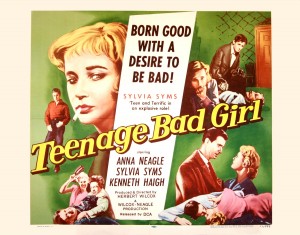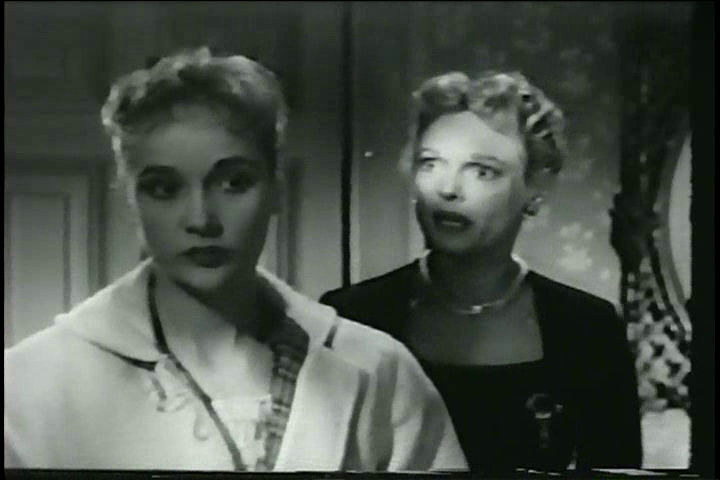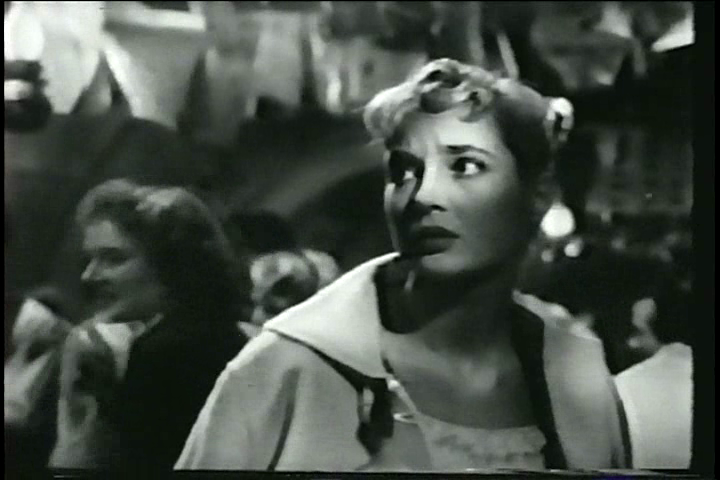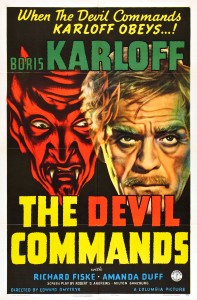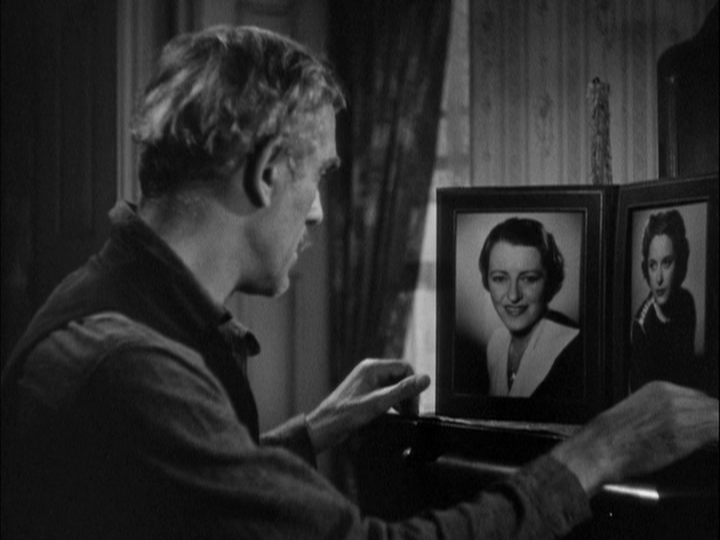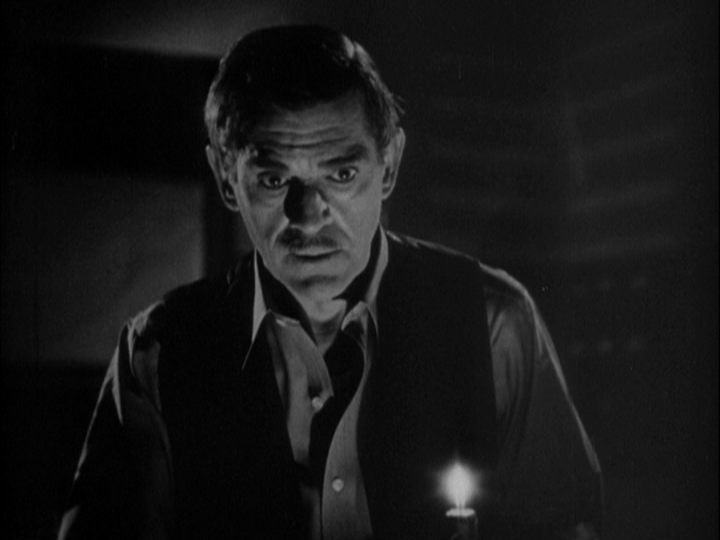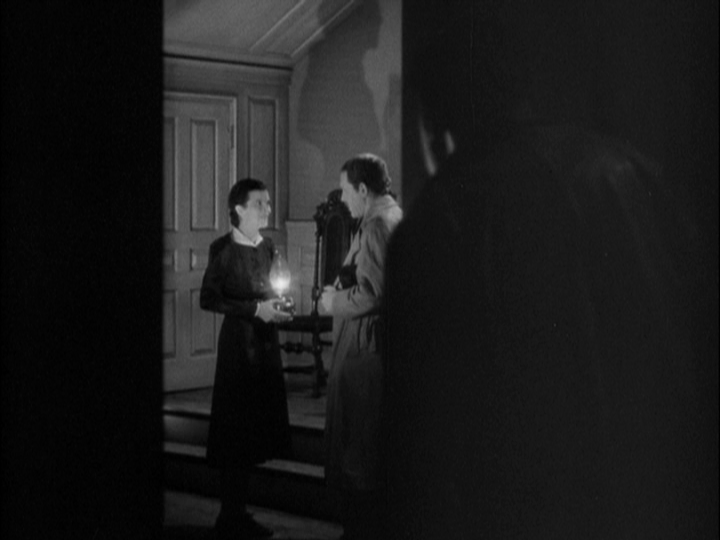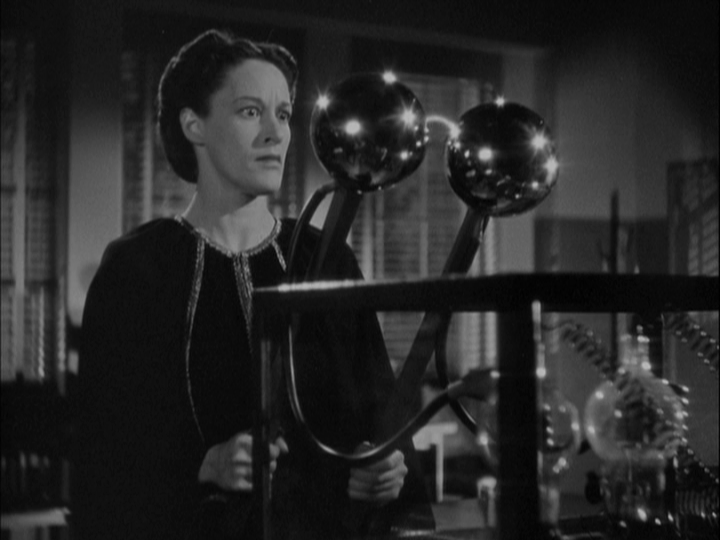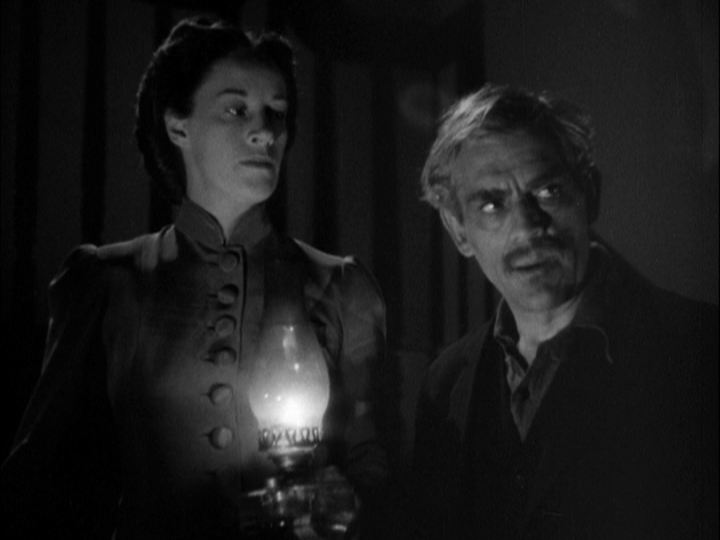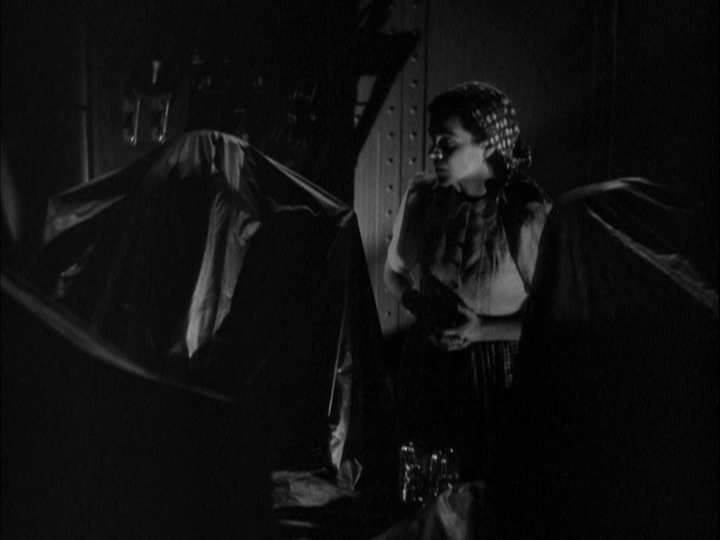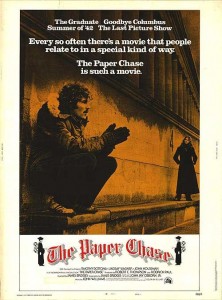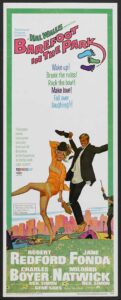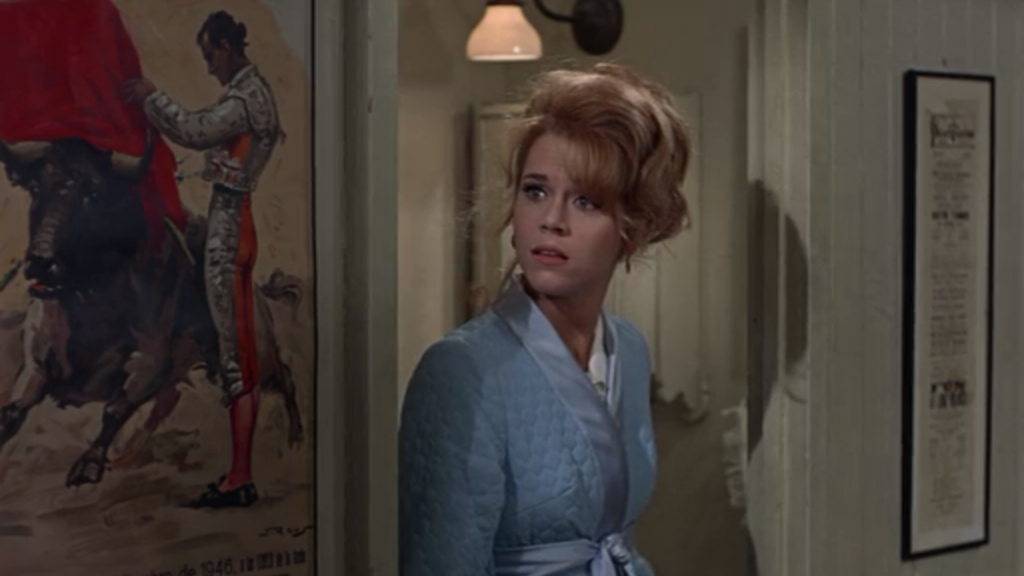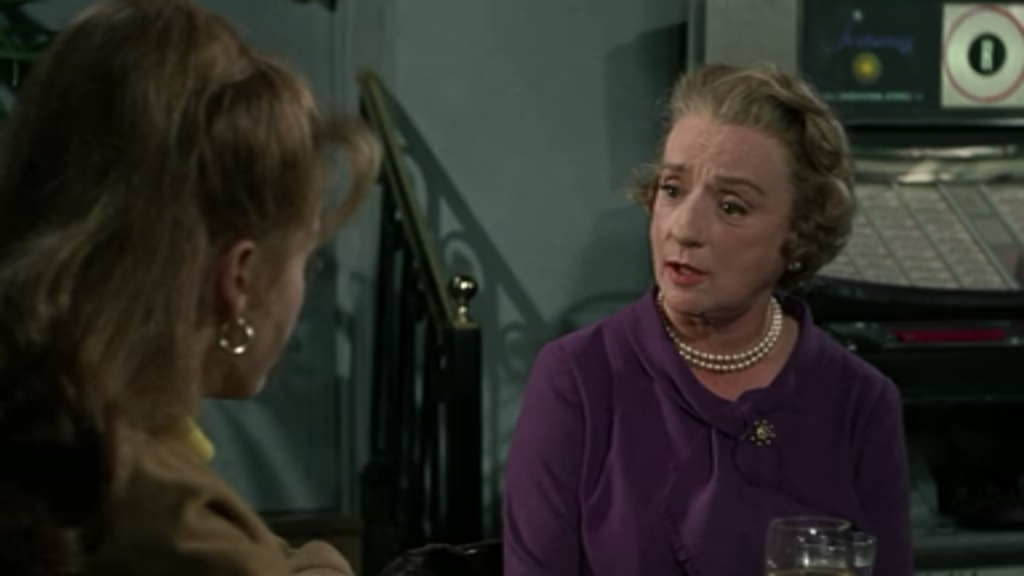|
Genres, Themes, Actors, and Directors:
- James Bridges Films
- Lawyers
Review:
James Bridges’ adaptation of John Jay Osborn, Jr.’s novel about a first-year Harvard law student struggling to survive and thrive is perhaps best remembered as the showcase for John Houseman’s Oscar-winning performance as Professor Kingsfield — a larger-than-life instructor who is simultaneously revered and feared by his students.
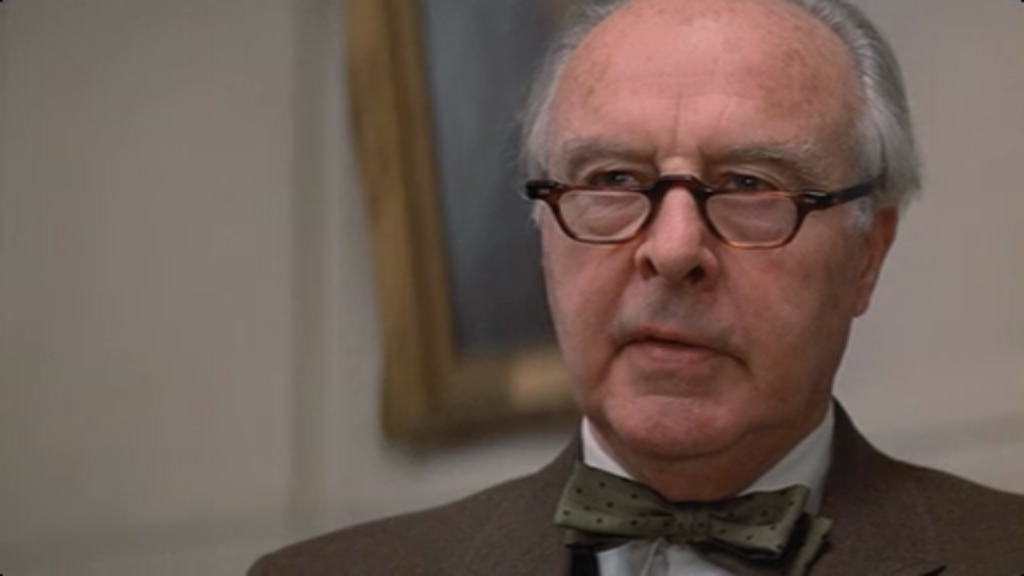
Indeed, in its depiction of Bottoms’ relentless quest to earn Houseman’s respect — and its overall presentation of the rigors of law school, complete with plenty of heady dialogue and ruthlessly competitive interactions —
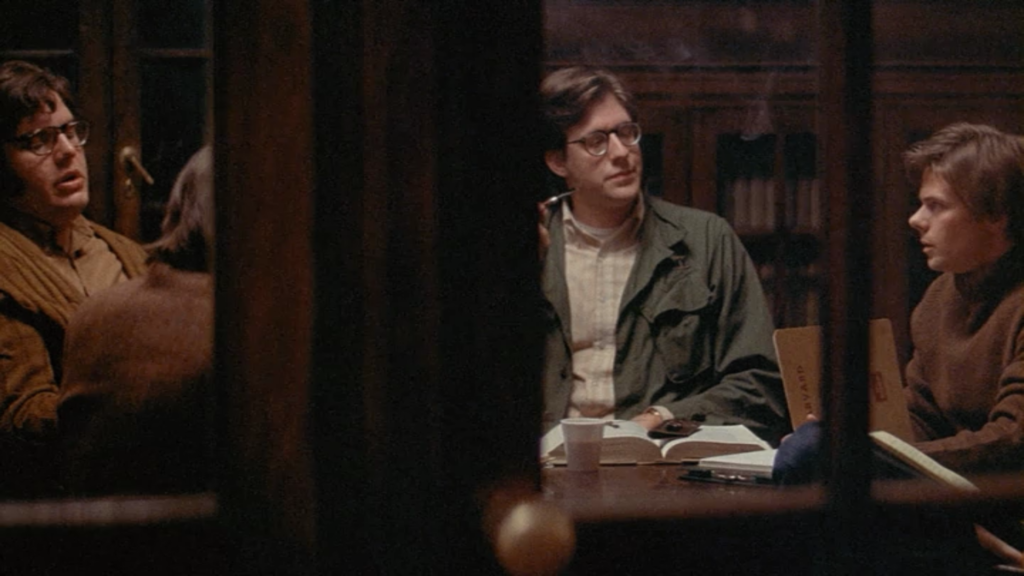
The Paper Chase fully succeeds, and we remain enthusiastically engaged; as Vincent Canby points out in his review for The New York Times, it’s refreshing to see a movie that “acknowledge[s] the existence of a mind”. Unfortunately, however, this focus is interrupted time and again by a poorly developed romantic subplot, one which ultimately feels both contrived and unsatisfying.
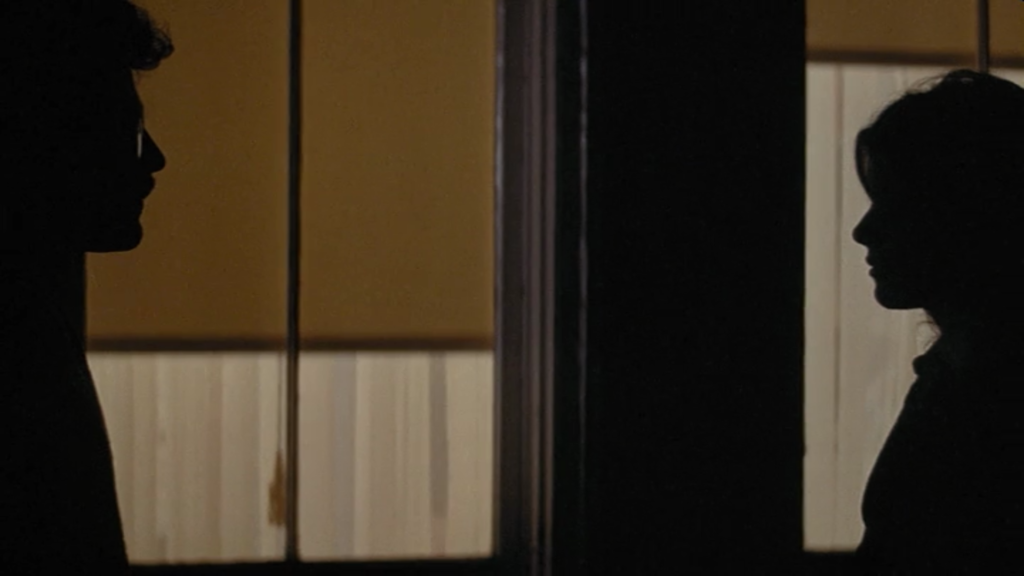
Wagner’s character, while potentially fascinating, is insufficiently developed to earn our interest; instead, she functions merely as a distraction for Bottoms — someone who happens to conveniently possess an insider’s perspective on the man Bottoms is single-mindedly obsessed with. Meanwhile, Bottoms’ character eventually becomes so callously self-absorbed that we stop rooting for him — a dangerous outcome for a film predicated on whether or not our dauntless protagonist will succeed in his quest.
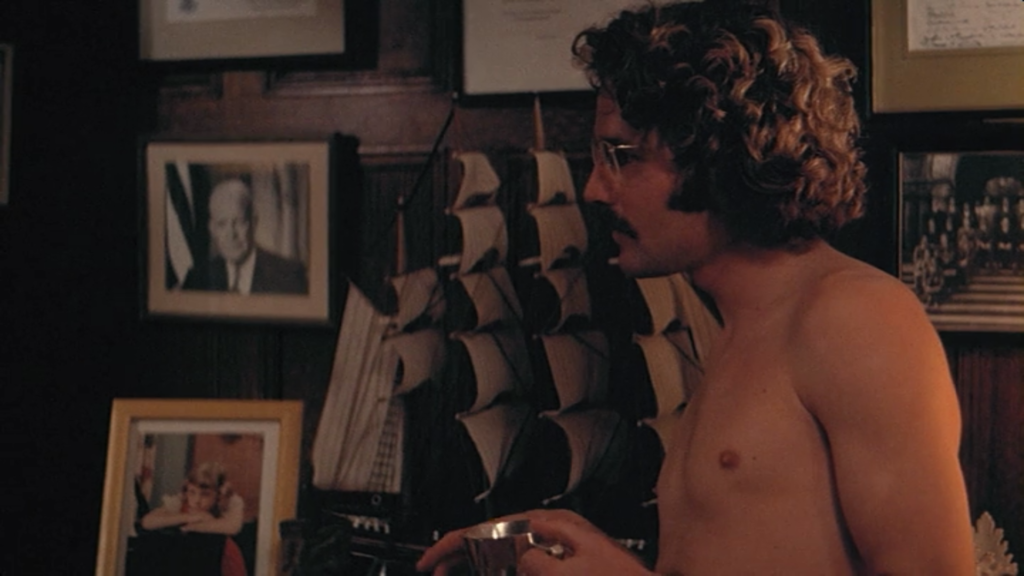
Redeeming Qualities and Moments:
- John Houseman as Professor Kingsfield
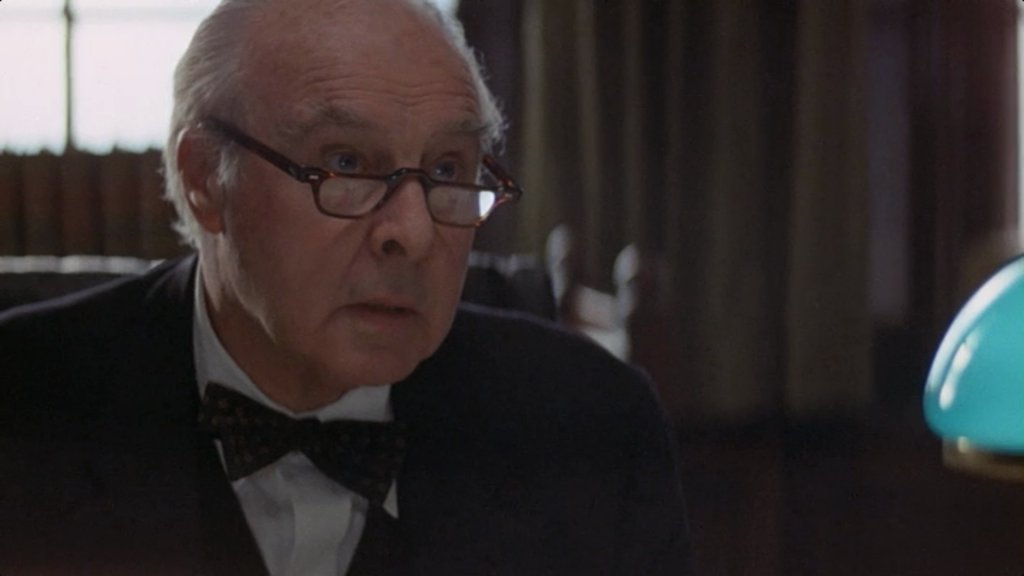
- Gordon Willis’s cinematography
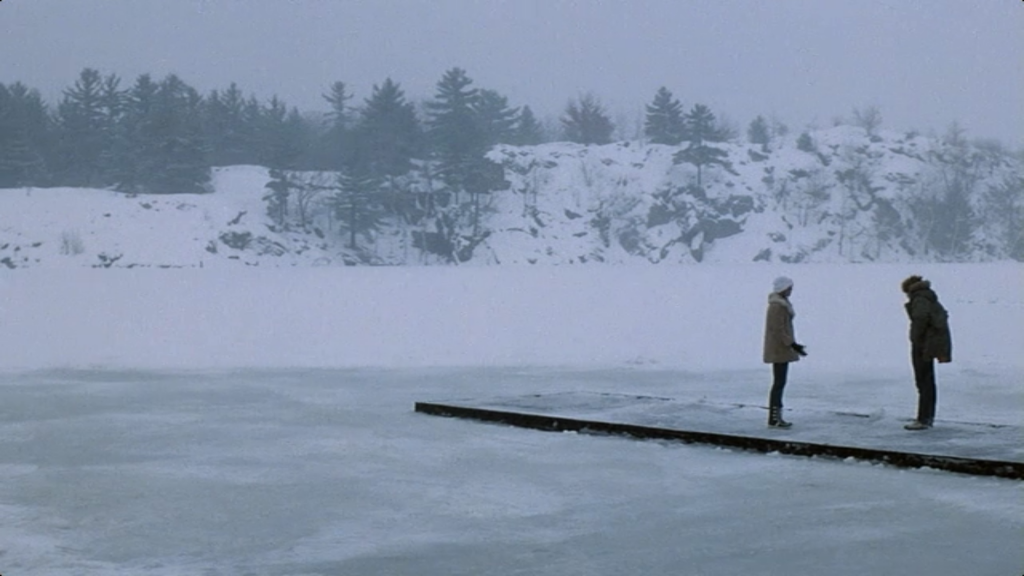
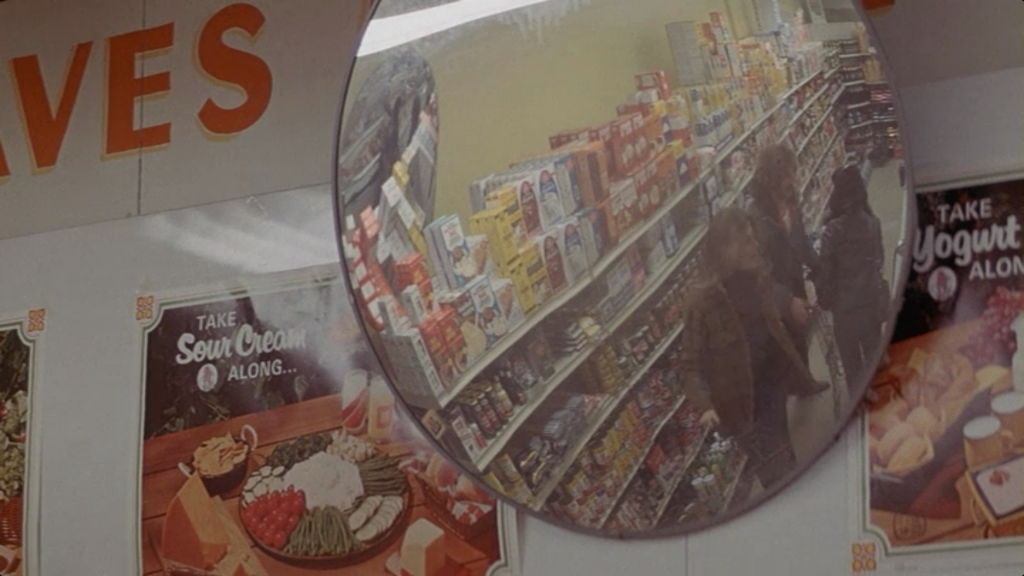
- A fascinating glimpse at the rigors of law school
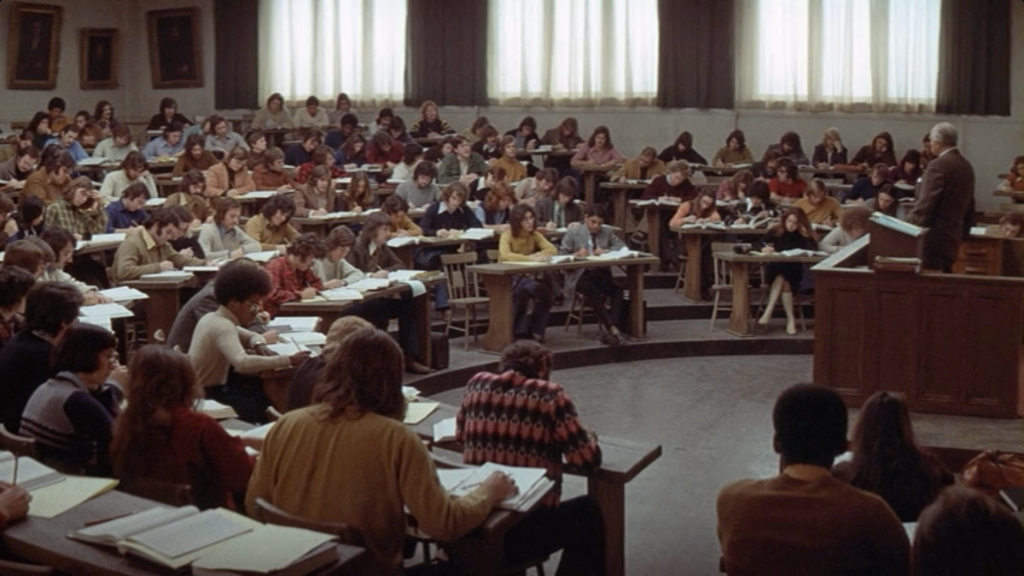
Must See?
No, though it’s certainly worth a one-time look for Houseman’s performance.
Links:
|
